
Richard Spurr 1am - 4am
14 May 2023, 11:06 | Updated: 28 November 2023, 10:32
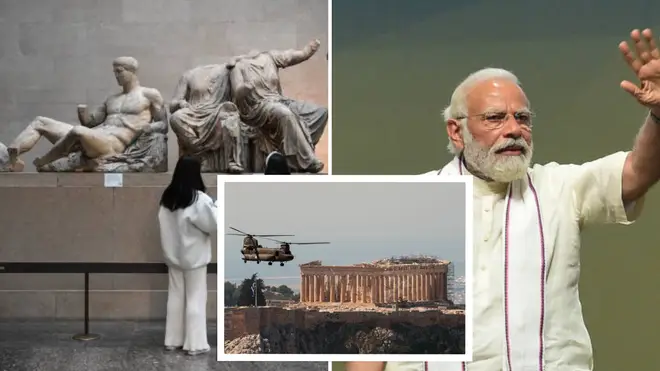
India is set to help Greece pressure the UK to hand over the Elgin Marbles, alongside other countries whose artefacts were taken by foreign powers.
India will take on the presidency of the G20 group of powerful countries this year, and plans to use the role to push for former colonisers to give back artefacts removed during their imperial eras, including the Elgin Marbles.
It comes as the country plans to pressure the UK to hand back thousands of treasures it claims were looted from its territory during the centuries of colonial occupation.
India's diplomatic effort to reclaim artefacts with links to India centres on the Koh-i-Noor diamond, one of the largest cut diamonds in the world. The Koh-i- has been in the British royal family's crown jewels since 1849.
The argument is fraught and controversial. Some UK museums are not legally allowed to hand over artefacts in their collection, while many commentators argue that the true origin of some objects - such as Koh-i-Noor - is disputed, or that they were obtained legally.
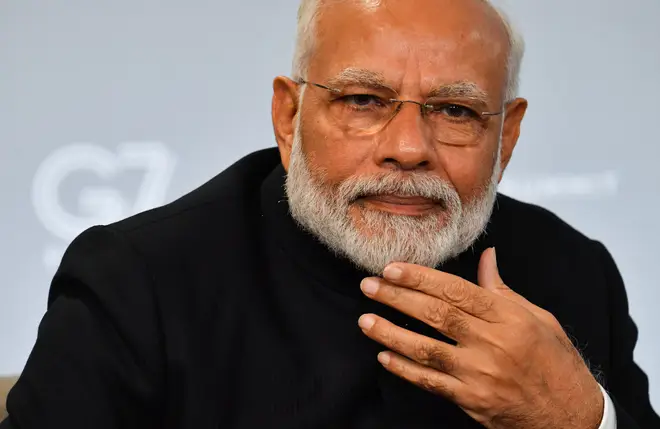
Others also argue that some artefacts were obtained through legal means, even if they were taken during a period of colonial occupation.
Nevertheless, India plans to be a voice for countries that have been "on the receiving end of colonial appropriation", the Telegraph reported.
Lily Pandeya, joint secretary of India’s ministry of culture, and the country's cultural lead for the G20, said: "We would seek a consensus between the nations, and as the G20 is the most influential forum, to achieve tangible outcomes.
"We can be a voice at that table for others nations facing these issues."
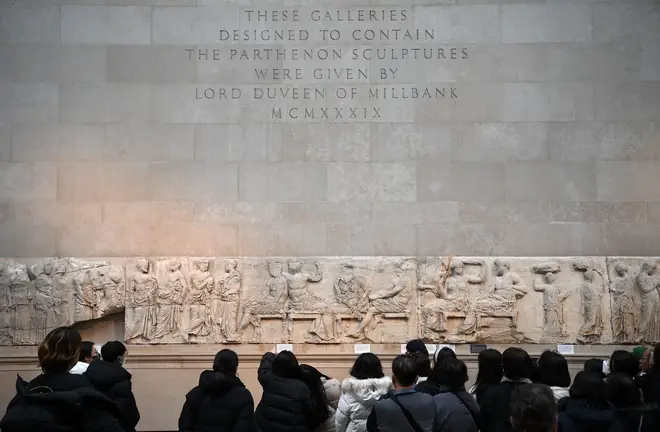
She also said: "During our presidency, we want to be champions of the global south, those countries who are so strongly affected by issues relating to heritage, such as trafficking, and who in the past were on the receiving end of colonial appropriation."
The Elgin Marbles were taken from the Parthenon by the British Lord Elgin in the nineteenth century and are now kept in the British Museum. Greece has pushed to take them back to their original context in Athens, but has so far been unsuccessful.
Meanwhile, India's own "reckoning with the past" - focusing just on the artefacts it claims for itself - would be the largest repatriation attempt the UK has faced yet.
The push comes from the top of the Indian government and is one of the priorities for Narendra Modi, the country's Prime Minister.
The efforts to get the treasures returned could even affect trade talks between the UK and India.
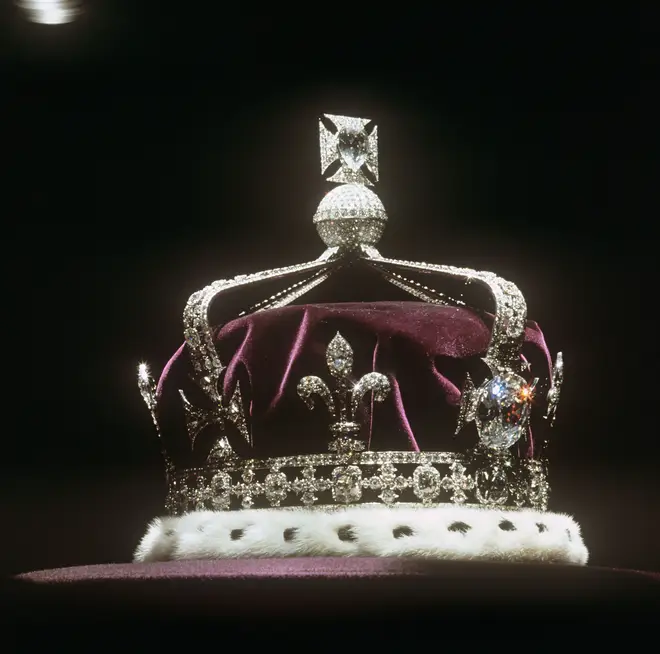
Govind Mohan, secretary for the Indian ministry of culture, said that returning the treasures would be a big part of the country's political agenda.
He said: "It is of huge importance to the government.
"The thrust of this effort to repatriate India’s artefacts comes from the personal commitment of prime minister Narendra Modi, who has made it a major priority."
Mr Modi said in a speech this year: “We have a wonderful history of about 2,000 and 5,000 years. This cut-off (colonial rule) has done a lot of damage to us.
"After independence we should have come out of this mentality but unfortunately it had gripped the nation like anything. They consider our historical pride to be a slave. I believe that unless we feel proud of our heritage and culture, we will not feel the urge to preserve it.
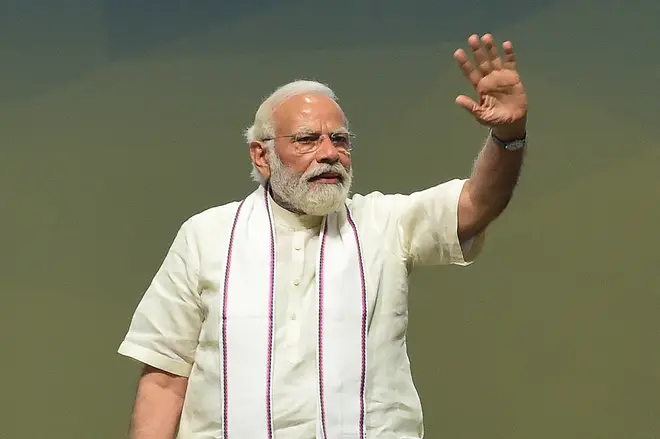
Indian officials believe that returning these treasures could help forge a stronger national identity.
Ms Pandeya said earlier: "Antiquities have both physical and intangible value, they are part of the continuity of cultural heritage, of community and national identity.
Read more: Queen Consort 'ridiculous' for cutting Koh-i-Noor out of King's Coronation, caller says
"By robbing these artefacts, you are robbing this value, and breaking the continuity of knowledge and community."
Oxford's Ashmolean Museum has already been approached about returning a bronze idol taken from a temple in southern India. The British Museum and Victoria and Albert Museum will also face claims for Indian artefacts, as well as charities like the National Trust.

Caller thinks 'ship has sailed' when it comes to Koh-i-noor diamond
Some museums in the UK are bound by law not to give away any of their artefacts. Charities do not face the same restrictions.
India is not the only country that claims the Koh-i-Noor. The governments of Afghanistan, Pakistan and Iran have also said the diamond belongs to their respective countries.
Meanwhile the UK claims that the diamond was obtained legally in an 1846 treaty.
The diamond is in the Queen Mother's crown, which Queen Camilla did not wear at King Charles' coronation to avoid upsetting India.